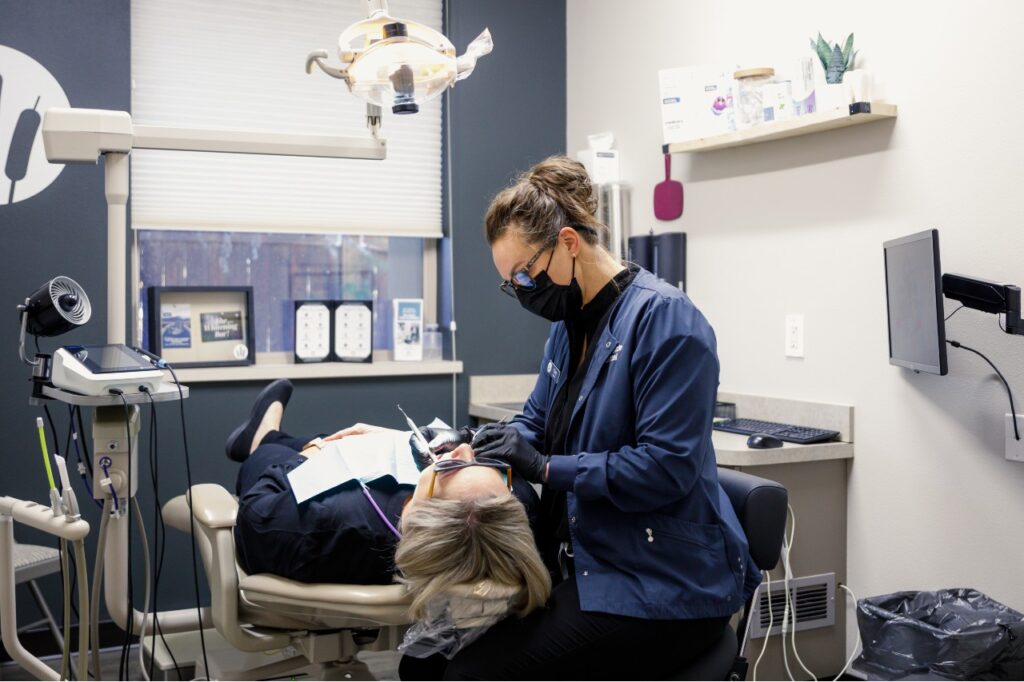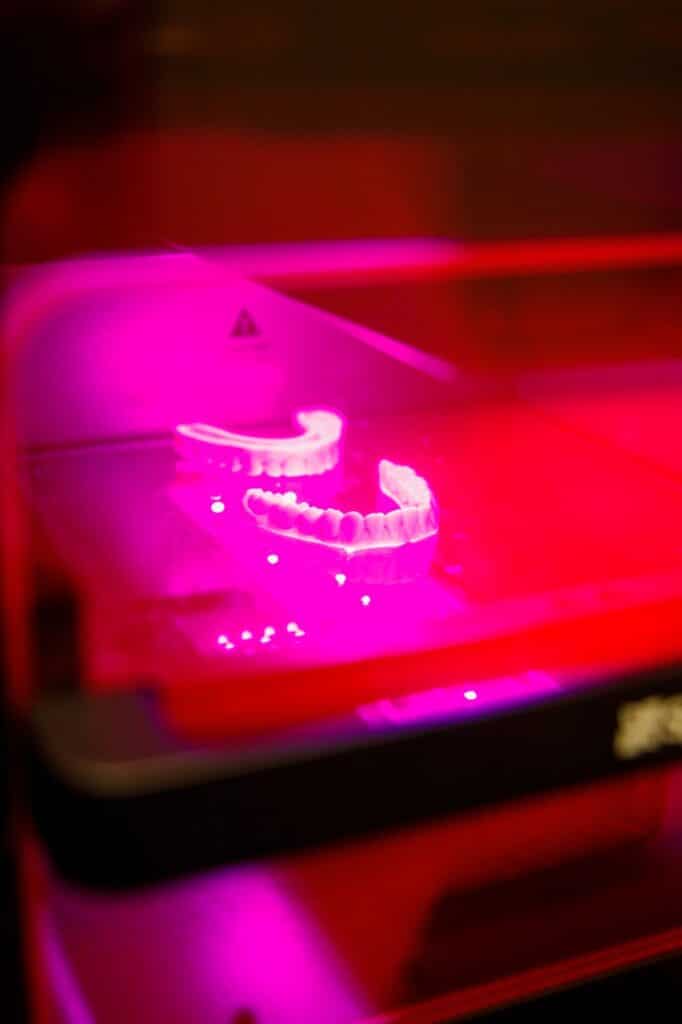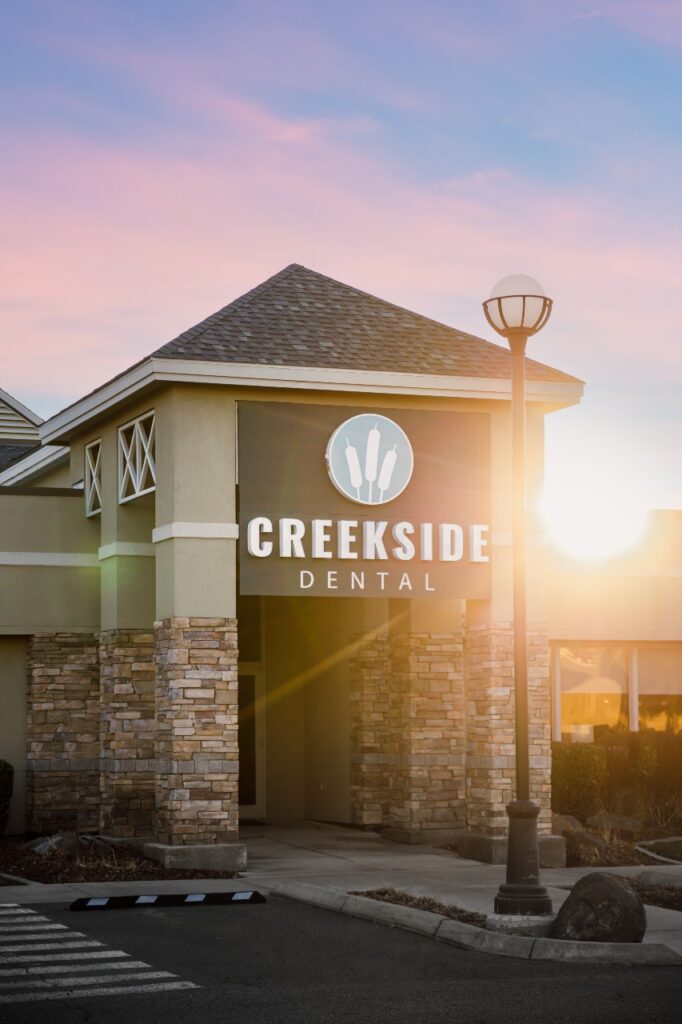Once we get past the phase of our parents reminding us to brush our teeth, it is up to us to maintain oral hygiene. A healthy set of teeth is crucial not only for a beautiful smile but also for overall health. Good oral hygiene can prevent gum disease, tooth decay, bad breath, and a whole lot of pain. To help you create a strong oral health routine, here are the top 10 tips for keeping your teeth healthy and strong.
Top 10 Dental Care Tips for Healthy Teeth

#1: Brush Your Teeth Twice Daily
Brushing your teeth twice daily is one of the easiest ways to maintain good oral hygiene. Brushing helps remove food particles, plaque, and bacteria that cause bad breath and tooth decay. Use a soft-bristled toothbrush and fluoride toothpaste to brush your teeth for at least two minutes. Remember to go for those hard-to-reach places, including the backs of your front teeth and molars. Plus, always brush your teeth before going to sleep at night, as it will remove germs and plaque that accumulate in your mouth during the day. For electric toothbrush recommendations, click HERE!
#2: Don’t Forget to Brush Your Tongue
Did you know that plaque can also build up on the tongue? When you brush your teeth, make sure to give your tongue a gentle scrub as well. If you enjoy the feeling of brushing your tongue, try a tongue scraper. A tongue scraper can help remove bacteria and debris from the tongue. Use a tongue scraper gently, starting from the back of the tongue and moving forward.
#3: Floss Every Single Day
Flossing is essential for removing food particles and plaque from between teeth and under the gumline. Not only does flossing help prevent gum disease and tooth decay, but it gets that annoying food out from between your teeth. When you floss, use a gentle back-and-forth motion to clean between each tooth, and avoid snapping the floss as it can harm the gums. We understand that flossing every single day may feel like a chore, so we recommend flossing right before brushing your teeth before bed, making it a part of your dental care nightly routine, and ensuring you don’t go to sleep with leftover food hanging out in your mouth.
#4: Use Mouthwash after Brushing
Mouthwash can help reduce the amount of acid in the mouth, remove germs from hard-to-reach places, and freshen your breath. It also helps remove food particles and plaque that brushing and flossing may have missed. We recommend rinsing your mouth with mouthwash for at least 30 seconds after brushing and flossing. As for mouthwash brands, we recommend talking to your Kennewick dentist about which mouthwash is right for your dental care, as certain types are geared toward children or those with sensitive teeth.
#5: Avoid Sugary and Acidic Products
Sugary and acidic foods can harm tooth enamel and cause tooth decay. Limit your intake of sugary and acidic foods and drinks such as soda, candy, and citrus fruits. If you do consume them, rinse your mouth with water afterward to reduce their effect on teeth.

#6: Drink Plenty of Water
Drinking plenty of water is not only good for overall health but also for oral health. Water helps rinse away food particles and bacteria that cause bad breath and tooth decay. It also helps neutralize acids in the mouth. We recommend drinking water when eating meals and especially taking a good drink after you have finished eating.
#7: Eat Crunchy Produce to Work the Jaw
While parents tend to provide their children with easy-to-chew food, habits from their baby days, it is no longer beneficial as they develop their teeth. Eating crunchy fresh fruits and vegetables supplies nutritional benefits, but it also forces children to work and strengthen their jaw muscles – a good thing. Once they reach an age where you can trust them to successfully eat chewy food, make sure it becomes a regular part of their diet.
Plus, if you or your children have oral fixation tendencies, chewing sugar-free gum after meals can help increase saliva production, which helps neutralize acids in the mouth and wash away food particles. It can also help prevent bad breath.
#8: Wear Your Retainers or Mouthguard
It can be tempting to skip out on dental protection, but it is a vital detail to protect and keep your teeth straight. If you have worn braces, you were likely given a retainer to keep your teeth in the place you suffered to achieve, so don’t forget to wear your retainers each night. Plus, if you participate in contact sports or grind your teeth at night, wear a mouthguard to protect your teeth. A mouthguard can help prevent chipped or broken teeth, as well as protect against jaw injuries.
#9: Quit Smoking
If you’re a smoker, you have likely been told countless times to quit for your health, but did you know that smoking harms your oral health? Smoking not only stains your teeth and causes bad breath but also increases the risk of gum disease, tooth loss, and oral cancer. To explain, smoking weakens the immune system, making it harder for the body to fight off infections, which can lead to gum disease. Additionally, smoking decreases blood flow to the gums, making it harder for them to heal once they are damaged. On top of all that, smoking is also a major cause of oral cancer, and smokers are six times more likely to develop oral cancer than non-smokers. Quitting smoking is essential for maintaining good oral health and reducing the risk of severe oral health problems.

#10: See Your Dentist If You Notice an Oral Health Problem
See your dentist immediately if you notice an oral health problem, such as an aching tooth or a visible chip. Ignoring the problem can cause it to worsen, leading to more serious health issues. A dentist can diagnose the problem and provide the appropriate treatment to prevent it from progressing. Additionally, a dentist can detect and treat other potential oral health problems that may not yet be causing symptoms.
Bonus Tip: Visit the Dentist Regularly!
Regular dental checkups and cleanings are essential for maintaining good oral health. Your dentist can detect and treat problems such as cavities and gum disease before they become more serious. They can also provide advice on how to improve your oral hygiene routine.
Your Kennewick Dentist – Achieve Healthy Teeth Today
If you are located in the Kennewick, WA, area, Creekside Dental is your local Kennewick dentist. Our dedicated staff provides premier dental care to our patients, whether they need a simple cleaning or extensive care. Contact Creekside Dental today to schedule your next appointment.